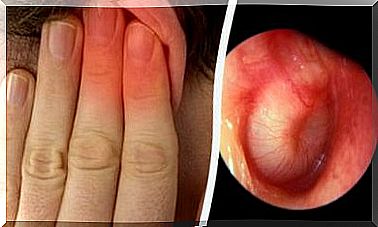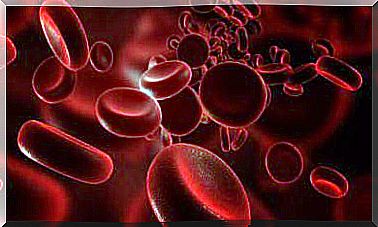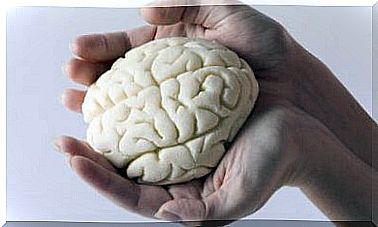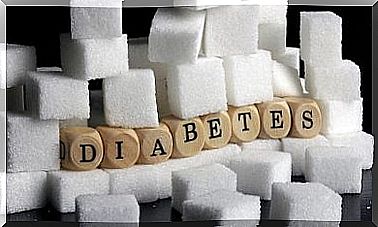Treatment Of Hypothyroidism During Pregnancy
Hypothyroidism can cause problems during pregnancy in both the mother and the baby. Find out more about treatment during pregnancy.

In fact, treating an underactive thyroid during pregnancy is the same as treating a non-pregnant woman or a man.
However, due to the pregnancy, the disease must be checked and controlled more frequently, otherwise it could have negative effects.
The thyroid hormones play a very important role during pregnancy. They affect both the baby’s development and the mother’s health.
However , if the hypothyroidism is adequately treated during pregnancy , there are no further complications.
Research suggests that hypothyroidism is more common in fertile women.
At the same time, it is assumed that an underactive thyroid occurs in 0.25 to 2.5% of all cases during pregnancy. Therefore it can be said that this problem is a rather rare one.
The thyroid and hypothyroidism
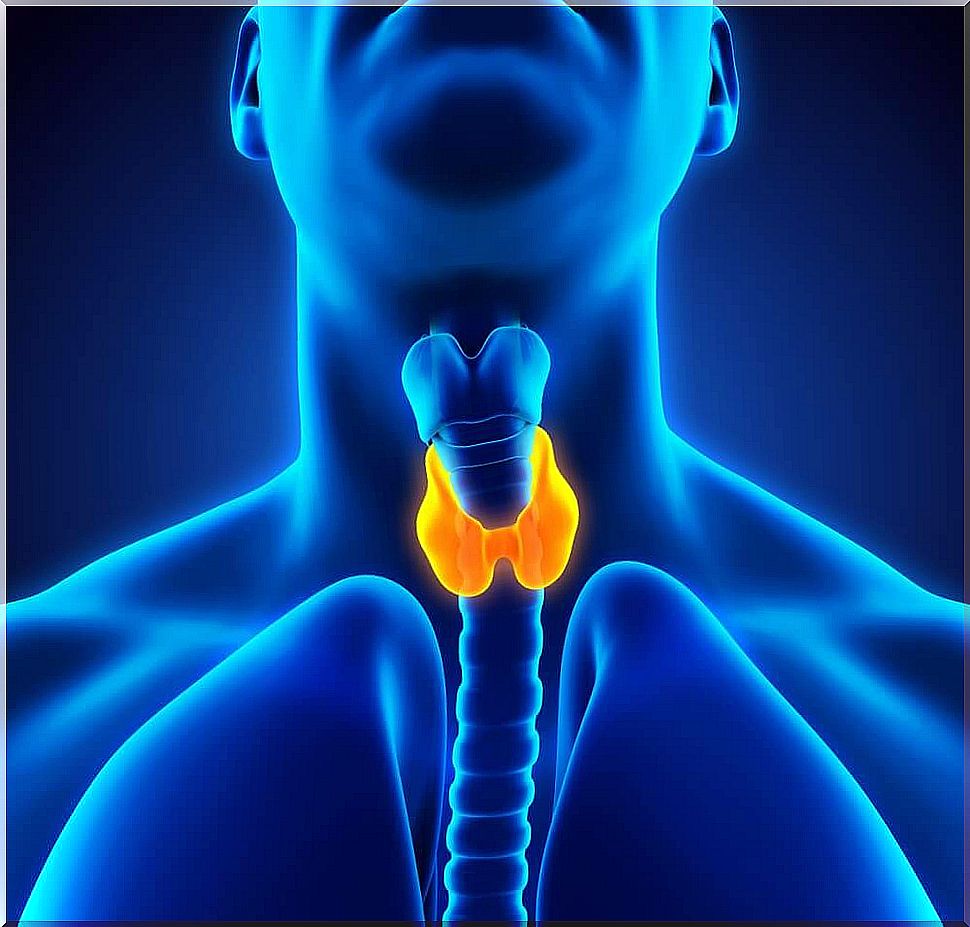
As its name suggests, the thyroid is a gland whose main function is to secrete hormones. It is an endocrine gland and the hormones it produces go directly into the blood.
In order for this to happen, iodine must be in the organism.
The thyroid hormones fulfill various functions. The most important are:
- Growth and development
- Increased uptake of oxygen
- Development of the central and peripheral nervous system
- Regulation of temperature
If you suffer from an underactive thyroid, the gland does not produce sufficient hormones. This can lead to minor complaints but also to major health problems. In the majority of cases, the problem can be treated successfully but not cured.
Changes in thyroid function during pregnancy
During pregnancy there are hormonal and physiological changes that also affect thyroid function. It is normal for TSH levels (thyerotropin, a hormone that stimulates the thyroid gland) to drop slightly during the first trimester.
However, T3 (triiodothyronine) and T4 (thyroxine) normally remain at their other values during pregnancy. At the same time, the thyroid gland can also enlarge. In some cases, the goiter associated with pregnancy occurs.
During the first 10 to 12 weeks of pregnancy, the unborn child is entirely dependent on the mother’s thyroid hormones. Then it then makes the hormone itself. However, the baby still depends on the mother getting enough iodine to make the hormones.
Risks of an underactive thyroid during pregnancy
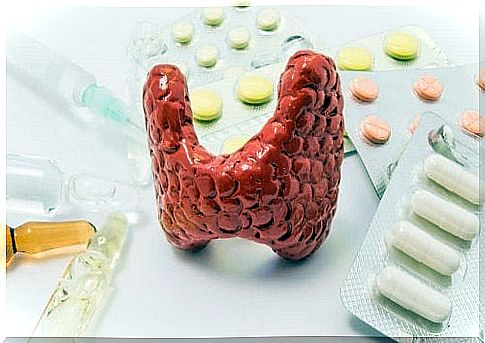
Treating an underactive thyroid during pregnancy is fundamental as the risks to both mother and baby are different. For example, the mother can develop anemia, myopathy or congestive heart failure.
Placenta abnormalities, low birth weight in the infant, or postnatal bleeding can also occur. The risk of these complications increases if the thyroid is severely underactive.
At the same time, the thyroid hormones are also very important for the development of the baby’s brain. Science is not yet entirely sure of the consequences of hypothyroidism during pregnancy in this regard, but it is known that abnormalities can occur.
An underactive thyroid also increases the risk of miscarriage in the first trimester or premature birth. It can also lead to high blood pressure (known as preeclampsia). This is a complication that must be handled with extreme caution.
Treatment of hypothyroidism during pregnancy
Hypothyroidism can not be cured during pregnancy , but it can be completely controlled. The thyroid’s own hormone is replaced by artificial L-thyroxine. This is identical to the T4, which produces a normally functioning thyroid.
The only risk here is with the correct dosage. If you take too little, the hypothyroidism persists. If the doctor prescribes too much, it can lead to hyperfunction. Therefore constant medical control is necessary.
In addition, is thyroid function also checks every 6 to 8 weeks during pregnancy. The doctor can then decide whether the dose needs to be changed.
It is also important to check the mother’s iodine levels so that there is no change in the synthesis of thyroid hormones in the mother or child. The mother should therefore also eat a diet rich in iodine.

